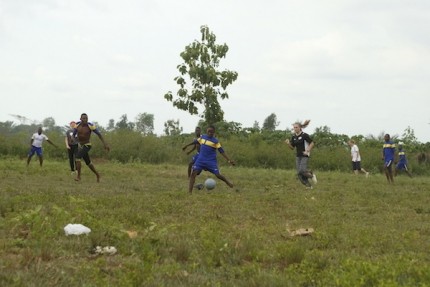
“Sport draws people together and creates community. It’s really neat how just one single soccer ball and an open field can bring people together. You can have a relationship with someone even though you don’t speak the same language.” – Stephanie McDonald, Benin LIFE Team trip co-leader
When sports are used in conjunction with humanitarian work, great things can happen. In May, GAiN partnered with SportAid, a non-profit organization that uses sport as a tool to help impact disadvantaged communities, to organize a trip to Benin with the Trinity Western University women’s soccer team.
The team of 25 women, plus 12 others (coaches, family members and media), flew to Benin expecting an eye-opening and challenging experience.
On their first full day, the team went on a tour of four different villages, seeing the progression of a village without a well to a village with a full-working deep-capped well. They started with seeing firsthand where villagers had to go to get their water — a swamp situated at the bottom of a hill. The sight of a woman gathering dirty water into a basin really impacted the team, many of whom had never left Canada before this trip, bringing the heartbreaking reality of the water crisis right before their eyes.
In the second village, they got to see the well-drilling team at work and ask them questions; while in the third village, they had the chance to witness the flushing of a well. This is a necessary step in the installation process, where dirty water is sprayed from the well before eventually spraying clean water. The transformation from seeing brown and muddy water to clear water was an inspiring sight for the team.
Lastly, they visited a village with a completed well that was in full use.
Some of the team got to help get water for villagers, using the hand pump and carrying water basins on their heads.
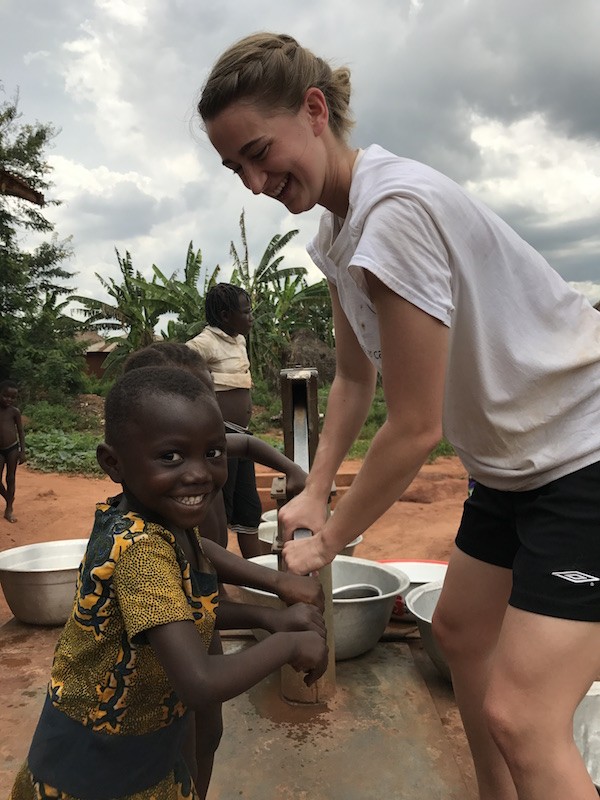
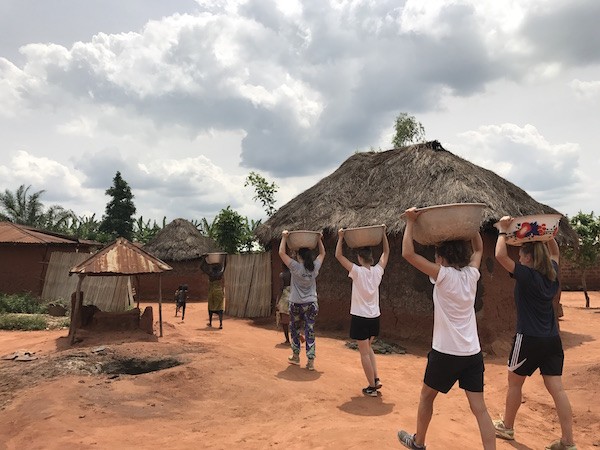
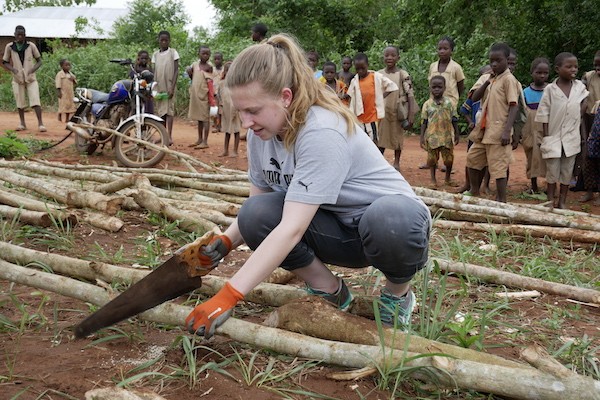
The rest of the trip consisted of soccer games, village chores and construction. The team split up into three groups to build concrete pads for wells and help construct church buildings.
Of course, soccer played a significant role during their time in Benin. The women had a chance to play with the local soccer team (all men), splitting into two mixed teams of women and men, instead of playing against them. Later in the trip, they also played against a local women’s team, further experiencing the power that sport has to break down cultural and language barriers.
“The community speaks the language of soccer even though we have this language barrier,” Brooklyn, one of the team participants, said, recalling a day they played a soccer game outside the house and people gathered around to spectate. “It was so fun to have the community come out and watch us play [even though] they didn’t know us and we couldn’t speak to them.”
It was the relationships that they made with village children that really stuck with the team, McDonald observed.
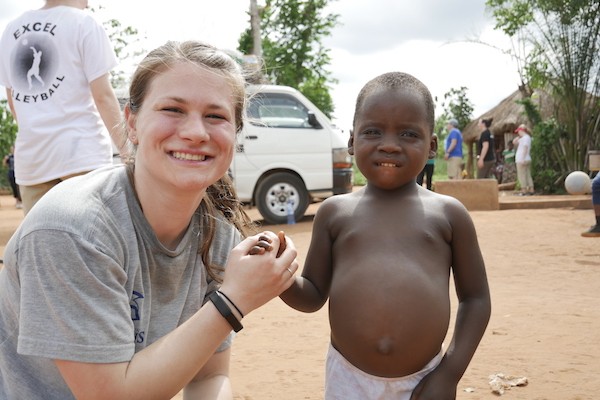
“A highlight with a lot of the women was playing with different kids in the villages and getting to use something that a good portion of their lives is consumed with. Playing soccer can be used to engage and show love to people.”
“It was amazing to see how these kids get such joy out of having a soccer ball,” expressed Brooklyn. “[Something] that brought sheer joy to me was that whenever we brought out a ball, even though there was a language barrier the kids instantly knew we were just playing soccer. [They] split up into two teams.”
The slowed down culture of Africa and the meaningful relationships they made during their short trip inspired the team to be more present in their everyday lives when they returned home.
“They want to make the relationships here, back in Canada, more meaningful through touch and face-to-face,” McDonald explained. “Quite a few women had told me [they] were challenged to bring that aspect back home.”
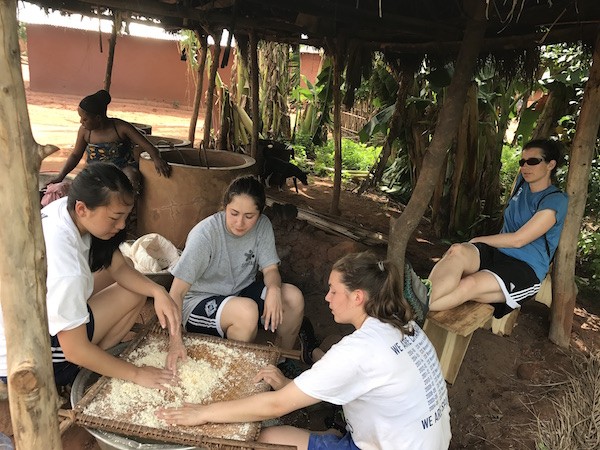

Leave a Reply